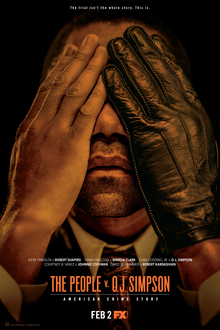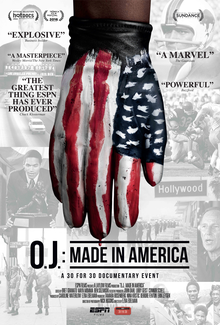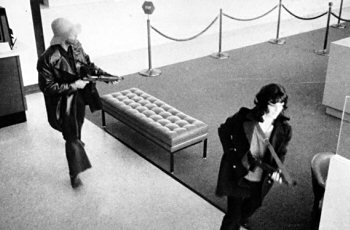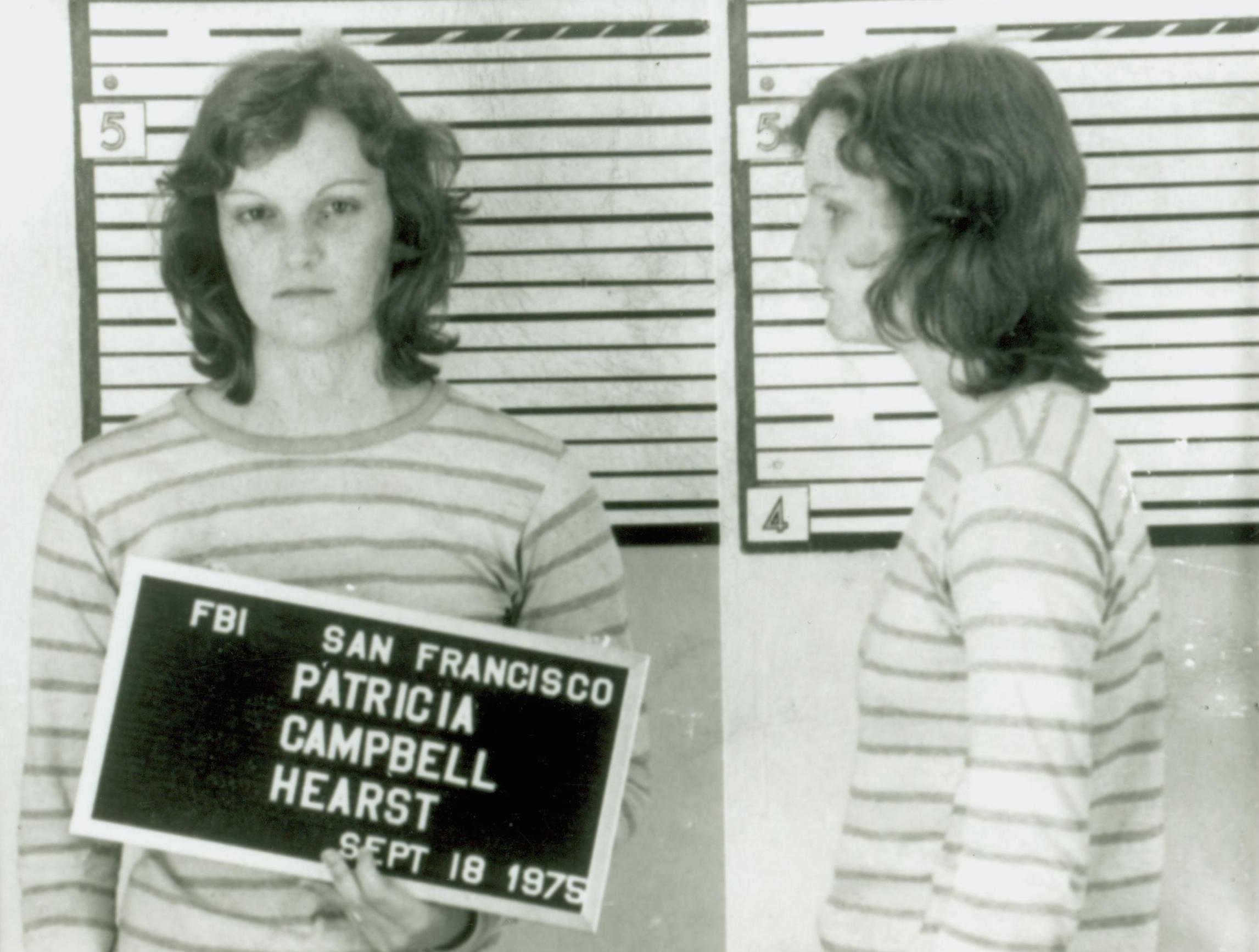

Early Life: Jeffrey Toobin was born on May 21, 1960, in New York City, USA. He graduated magna cum laude from Harvard College in 1982 with a Bachelor of Arts degree in American History and Literature. Toobin then attended Harvard Law School, where he earned his Juris Doctor degree in 1986.
Legal Career: After completing law school, Toobin embarked on a legal career. He worked as an associate counsel in the Office of Independent Counsel Lawrence Walsh during the Iran-Contra affair investigation. This experience provided him with insights into high-profile legal cases.
Journalism and Writing: Jeffrey Toobin transitioned to journalism and became a prominent legal analyst and commentator. He joined The New Yorker as a staff writer and has contributed numerous articles on legal issues and profiles of figures in the legal and political arenas.
Toobin's writing also extends to books, where he has authored several critically acclaimed works. One of his notable books is "The Run of His Life: The People v. O.J. Simpson," which delves into the O.J. Simpson murder trial. Another well-known work is "American Heiress: The Wild Saga of the Kidnapping, Crimes, and Trial of Patty Hearst," which explores the Patty Hearst kidnapping case.
Television Appearances: Toobin has been a familiar face on television, providing legal analysis on various news programs. He became a senior legal analyst for CNN and was a regular contributor to the network. His insights and commentary covered a wide range of legal and political topics.
Controversy: It's important to note that Jeffrey Toobin faced controversy in 2020 when he was suspended from The New Yorker and took a leave of absence from CNN after an incident during a Zoom call. He later apologized for the incident.
Other Writings:

The first season of American Crime Story, titled The People v. O. J. Simpson, revolves around the O. J. Simpson murder trial, as well as the combination of prosecution confidence, defense witnesses, and the Los Angeles Police Department's history with African-American people.

Beginning at the emergence of his football career at the University of Southern California, the documentary tracks his rise in the National Football League, his television career, and his relationship with Nicole Brown -- including allegations of domestic abuse and the eventual murder of Brown and her boyfriend, Ron Goldman -- juxtaposing Simpson's story against the mounting racial tensions and strained relationship between law enforcement and the African-American community in Los Angeles.

Roger Stone, known as a master in the dark arts of politics, plants the seeds that allow businessmen and moguls such as Donald Trump to enter the political arena and upend the establishment.
On February 4, 1974, Patty Hearst, a sophomore in college and heiress to the Hearst family fortune, was kidnapped by a ragtag group of self-styled revolutionaries calling itself the Symbionese Liberation Army. The already sensational story took the first of many incredible twists on April 3, when the group released a tape of Patty saying she had joined the SLA and had adopted the nom de guerre "Tania." The weird turns of the tale are truly astonishing--the Hearst family trying to secure Patty's release by feeding all the people of Oakland and San Francisco for free; the bank security cameras capturing "Tania" wielding a machine gun during a robbery; a cast of characters including everyone from Bill Walton to the Black Panthers to Ronald Reagan to F. Lee Bailey; the largest police shoot-out in American history; the first breaking news event to be broadcast live on television stations across the country; Patty's year on the lam, running from authorities; and her circuslike trial, filled with theatrical courtroom confrontations and a dramatic last-minute reversal, after which the term "Stockholm syndrome" entered the lexicon. The saga of Patty Hearst highlighted a decade in which America seemed to be suffering a collective nervous breakdown. Based on more than a hundred interviews and thousands of previously secret documents, American Heiress thrillingly recounts the craziness of the times (there were an average of 1,500 terrorist bombings a year in the early 1970s). Toobin portrays the lunacy of the half-baked radicals of the SLA and the toxic mix of sex, politics, and violence that swept up Patty Hearst and re-creates her melodramatic trial. "American Heiress" examines the life of a young woman who suffered an unimaginable trauma and then made the stunning decision to join her captors' crusade. Or did she?
Manipulation and Stockholm Syndrome:
Media Influence:
Legal and Ethical Questions:
Social and Political Climate:
Identity and Transformation:
Impact on the Hearst Family:
Legal Defense Strategies:
Public Perception and Sympathy:
Legacy and Reflection:
Author's Perspective:

Early Life: Patty Hearst was born into one of the wealthiest and most influential families in the United States. Her grandfather, William Randolph Hearst, was a media magnate who owned the Hearst Corporation, a vast media empire. Patty grew up in a privileged environment, attending private schools and living a life of luxury.

Kidnapping by the SLA: On February 4, 1974, Patty Hearst was kidnapped from her apartment in Berkeley, California, by the SLA, a left-wing revolutionary group. The group demanded that the Hearst family distribute millions of dollars' worth of food to the poor in exchange for Patty's release. During her time in captivity, Patty underwent a radical transformation, adopting the name "Tania" and appearing in propaganda videos supporting the SLA's cause.

Criminal Involvement: In April 1974, Patty Hearst was caught on surveillance video participating in an armed bank robbery with members of the SLA. This event marked a significant turn in the case, as it raised questions about whether Hearst had willingly joined her captors or if she was acting under duress.

Capture and Trial: In September 1975, Patty Hearst was captured by the FBI. During her trial, she claimed that she had been brainwashed and coerced into participating in criminal activities by the SLA. Despite her defense's argument, she was convicted of bank robbery and using a firearm during a felony. She was sentenced to seven years in prison.

Imprisonment and Commutation: Patty Hearst served approximately 22 months of her sentence before President Jimmy Carter commuted her sentence in 1979. She was released from prison on February 1, 1979. Later, President Bill Clinton granted her a full pardon on January 20, 2001.

Post-Imprisonment Life: After her release, Patty Hearst returned to private life. She has been involved in various philanthropic activities and has worked as an actress. She married Bernard Shaw, a former police officer and her former bodyguard, in 1979. They have two children together.

Director Robert Stone chronicles the bizarre story of Patty Hearst, granddaughter of newspaper magnate William Randolph Hearst. In 1974, Hearst was kidnapped by a fringe domestic terrorist group known as the Symbionese Liberation Army while attending the University of California at Berkeley. She then joined the group, taking the pseudonym "Tania." Hearst would eventually be convicted for helping the group with a bank robbery, and become a poster child for Stockholm Syndrome.

Based on a renowned true story, this drama follows college student and newspaper heiress Patty Hearst (Natasha Richardson) as she is abducted at the hands of left-wing extremists. Held captive by members of the Symbionese Liberation Army, Hearst is exposed to their beliefs and eventually cooperates with the group, even taking part in a number of bank robberies. Later, Hearst is apprehended, and authorities must determine how to deal with her highly unusual case.
Based on actual events, this film finds Patty Hearst (Lisa Eilbacher), the daughter of newspaper heir Randolph Hearst (Stephen Elliott), ripped from her privileged life by the Symbionese Liberation Army, a small left-wing terrorist organization. As the group holds her hostage and issues demands, Patty is exposed to their cause and slowly begins to empathize with their goals. Meanwhile, Charles Bates (Dennis Weaver), a veteran FBI agent who is preparing to retire, investigates the unusual case.

An insane action-comedy about a young lunatic director and his devoted cult of cinema terrorists who kidnap a movie goddess and force her to star in their underground movie. Vowing to punish the crass sins of commercial cinema, fueled by revolutionary zeal and their self-imposed sexual frustration, Cecil B. DeMented and his guerrilla production crew invade the streets of Baltimore to shoot their no-budget epic. When Cecil says "Action," he means action! Nothing is going to stand in his way.

Inspired by the headline-dominating kidnapping of heiress Patty Hearst in 1974, this atmospheric drama is a fictionalized re-imagining of her time in hiding, from the perspective of Jenny, a political activist assigned to take care of her.

Gregory Le Vay is a wealthy business man whose daughter Rowena is kidnapped by a terrorist group. Through psychological manipulation she is subordinated by them and led from the cultural and emotional imprisonment of her former life to the so-called liberation of theirs.

Tanya is a low-budget 1976 comedy film directed by Nate Rodgers and loosely based on the experiences of Patricia Hearst. The lead character, Charlotte Kane, is 20-year-old heiress of a newspaper mogul. She is kidnapped by five sex-crazed pseudo-revolutionaries who call themselves "The Symphonic Liberation Army".

A spoiled young woman, desperate for attention from her millionaire father (Jack Thompson), Emily Hope (Alicia Silverstone) fakes her own abduction to shift his focus her way. The so-called kidnapping turns real, however, when auto thief Vincent Roche (Benicio del Toro) makes off with a car and discovers Emily, who had locked herself inside the trunk. As Vincent tries to figure out what to do with his unexpected guest, Emily begins to fall for the charming felon.
 Westwood Public Library
Westwood Public Library